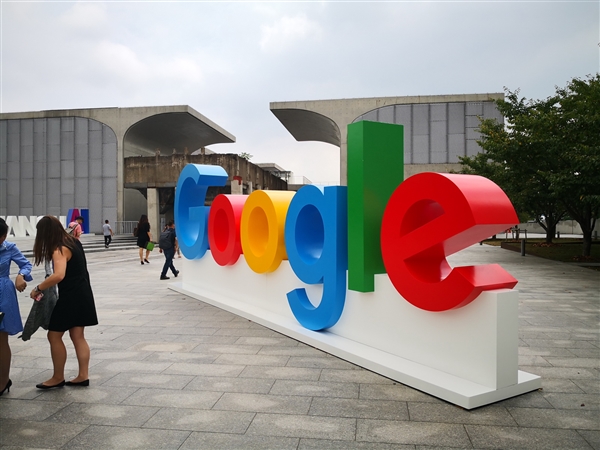October 14, 2024 – Google has filed a request with a federal judge in California to suspend a sweeping court order that demands the tech giant to open up its app store to enhance competition, Reuters reported on the 12th.
In court documents submitted on the 11th local time, Google stated that the injunction issued by U.S. District Court Judge James Donato, which is set to take effect on November 1st, could potentially cause adverse impacts on the company and introduce “serious security, safety, and privacy risks” into the Android ecosystem.

Google has petitioned Donato to temporarily halt the implementation of the order while it appeals the decision. The case at hand was initiated by Epic Games, which successfully convinced a federal jury last year that Google engaged in illegal monopolistic practices related to app downloads and in-app payments.
The judge’s order requires Google to allow users to download competing third-party Android app platforms or stores and prohibits the company from blocking the use of alternative payment methods. Additionally, Google is barred from paying device manufacturers to preload its app store and from sharing Play Store revenue with other app distributors.
If Donato denies Google’s request to suspend the injunction, the company can apply to the Ninth Circuit Court of Appeals in San Francisco for a stay during the appeal process. Google has already submitted a notice of appeal to the Ninth Circuit on Thursday, and it is expected that the appellate court will ultimately weigh and rule on Google’s challenges to Donato’s order.
Previously, Lian Muhan, Google’s Vice President of Regulatory Affairs, stated in a blog post last Monday that “as we have said before, these changes will threaten user privacy and security, make it harder for developers to promote their apps, and weaken competition on devices.” She further added, “while these changes may be in line with Epic’s demands, they will bring a series of unintended consequences that harm the interests of American consumers, developers, and device manufacturers.”












